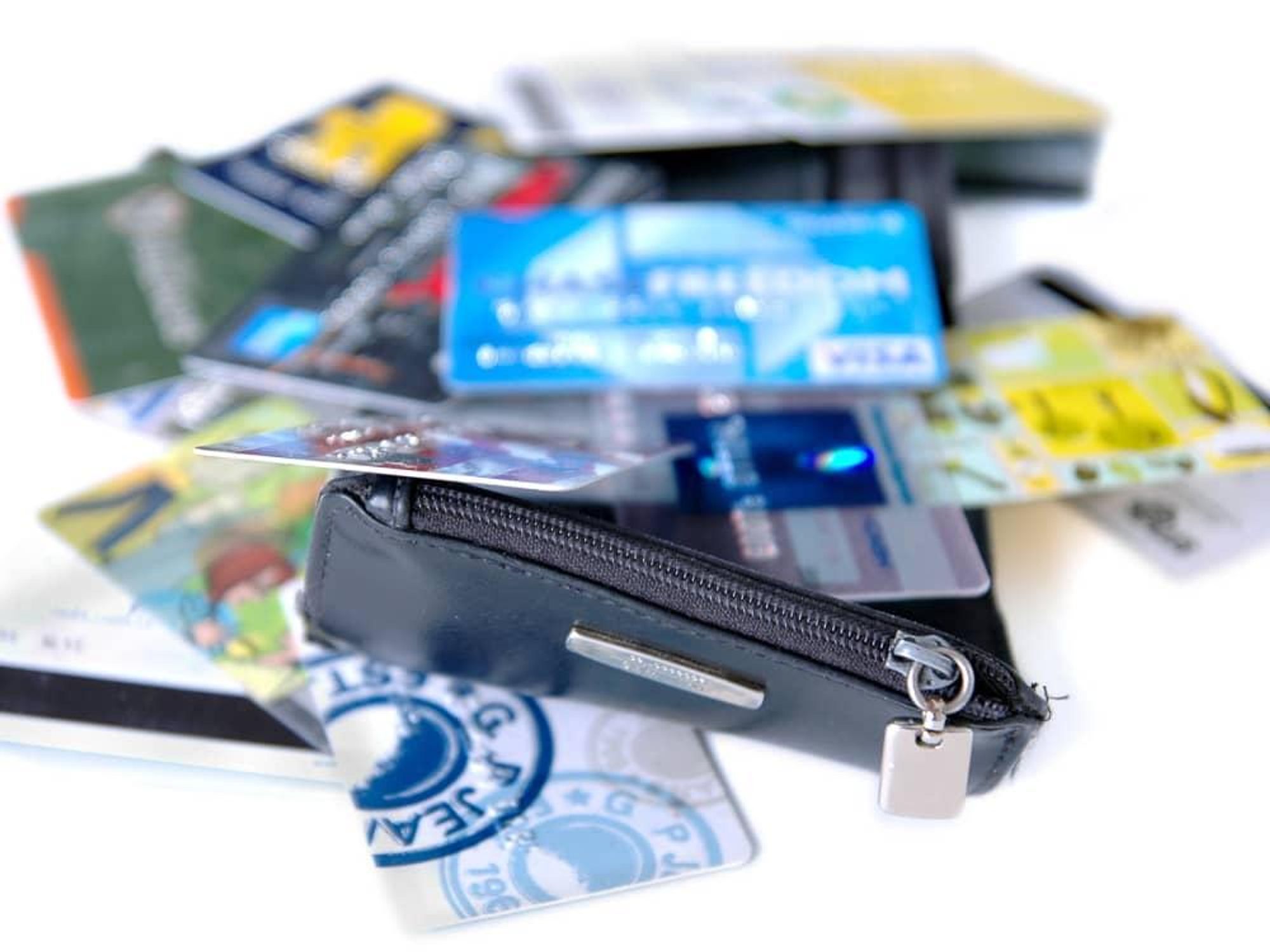Debt dilemma
San Antonio banking more credit card debt than last year, says new report

In a sign that San Antonians might be struggling with escalating household expenses, the average credit card balance for someone living in the metro area increased by 2.3 percent in just one year, a new study shows.
The study, released by credit card platform CompareCards, found that the average credit card balance in the 50 largest metros went up by 3.6 percent from September 2017 to September 2018.
Overall, the average credit card balance in Alamo City increased from $6,089 to $6,229 year over year. That increase landed it in the No. 32 spot, and is likely to continue fueling reports about San Antonio's increasing credit card burden.
Elsewhere in Texas, the average balance inched up by 2.2 percent in Dallas-Fort Worth and and 1.2 percent in the Houston area, according to CompareCards.
Austin, meanwhile, was one of just three metros that saw double-digit increases in credit card balances during the one-year period. The others were St. Louis and San Jose, California. In that time, the average credit card balance in the Austin area shot up 12.3 percent — from $6,165 to $6,924. It was the biggest balance increase among cardholders in the country’s 50 largest metros.
Matt Schulz, chief industry analyst at CompareCards, says the results of his company’s credit card study indicate that Austin “may be a victim of its own success.”
“Austin’s much more expensive than it used to be. Jobs are plentiful and people are moving in here constantly, but the truth is that rent is really expensive and wages haven’t really kept pace with the speed of growth,” says Schulz, who lives in Austin. “Wages have perked up recently, but I still think it’s likely that a lot of Austinites are having to lean on their credit cards a bit more than they’d like in order to get by.”
Schulz says the flip side of the growth of credit card debt in the Austin area is that it could be an indicator of consumer confidence.
“If you feel great about your job and your economic future, you may not sweat a little bit of a credit card balance because you firmly believe that you’ll be able to pay it off in relatively short order,” he says. “Some people may even use credit card debt as a short-term investment, whether you’re remodeling a house or trying to start a business. That’s the kind of thing that could certainly be happening in a booming city like Austin, because people feel emboldened by a good economy.”
Nonetheless, when people pile on more credit card debt — even when the reason is well-intended — they’re probably not saving enough money to ride out an economic slump down the road, according to Schulz.
“That’s scary, because that means that when the next downturn comes, people might find themselves in a worse financial situation than they needed to be in, simply because they were overconfident,” he says.
